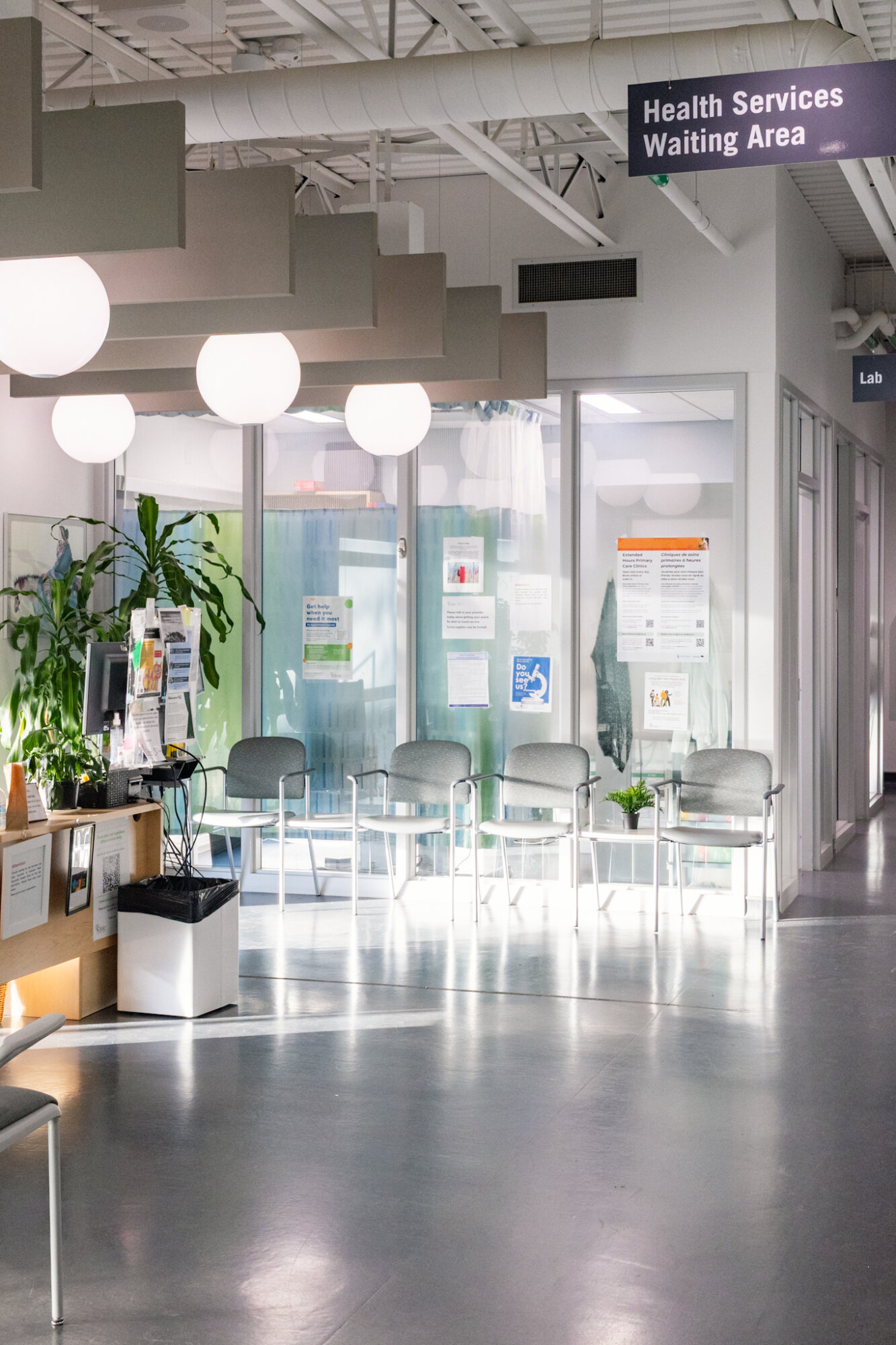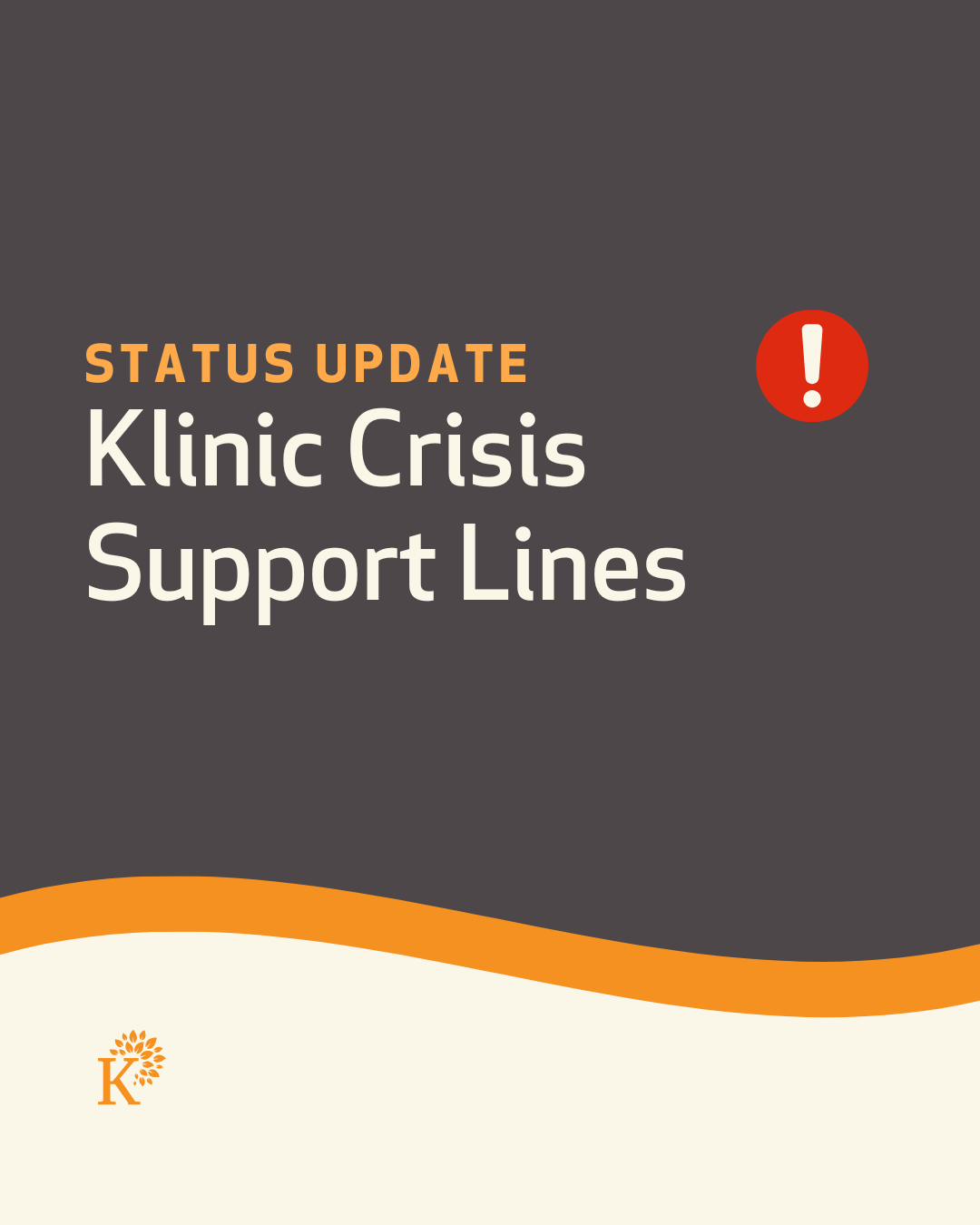Written by Sarah Martens, Health Educator Peer Support Program, Teen Talk Comprehensive sex education is not just about sex, it’s about health. We, as adults, as educators, have a responsibility to provide youth with accurate information and non-judgmental health services. It’s important to have these conversations because we know that ignoring these issues doesn’t mean they’re not happening. Having access to accurate information about sexuality, identity and sexual and reproductive health is an integral part of feeling empowered to be responsible for your own sexual health. It promotes healthy relationships with ourselves, our bodies, as well as in intimate relationships with others. We all need accurate information about bodies, anatomy, sex, sexuality and identity in order to take care of ourselves and to get help when or if we need it. Lack of comprehensive sexual education and the normalization of toxic norms in our society surrounding sexuality and sex perpetuate things like: body shaming, sexism, homophobia, transphobia, STI /HIV stigma, lack of information on how to be safer if choosing to have sex, the normalization of harmful gender roles, abuse in relationships, and victim blaming around sexual assault, etc. At Teen Talk, our job is to equip people with the skills and knowledge they will need throughout their lives. It is teaching healthy relationships; skills to navigate the digital world and consent in a way that reflects and respects realities of youth. Our work in sexuality and sexual health education works to normalize a culture of safety and respect within relationships. We also acknowledge that youth are the experts of their own realities and have their own unique knowledge, experiences as well as resiliency and strength. We educate youth about their rights, responsibilities and the wide spectrum of topics related to sexuality and sexual & reproductive health, including basic anatomy, consent, contraceptives, condoms, testing, pregnancy options, gender identity, sexual orientation, body image, relationships as well as substance use, mental health, decolonizing and anti-oppression. We also teach about communication and get youth to role play what assertive and respectful communication can look like when it comes to talking about things like consent, STI testing, sex, condom use, etc. Teaching, and modelling, healthy communication is key when talking about sexual and reproductive health because we don’t often see examples of healthy conversations about sex and consent in the media or in real life. It can be challenging to put your knowledge of consent and STI testing into action if you don’t know how to actually talk with a sexual partner (or healthcare provider) about these things or have never heard what that kind of conversation could sound like in a healthy way. We answer any and all questions youth have in a non-judgmental and respectful way. This means taking all questions seriously and treating them as an opportunity for education and awareness. There is a lot of misinformation surrounding bodies, identity, sex and relationships, and shying away from questions or telling half-truths perpetuates these problems. It’s important to give youth accurate, age appropriate and honest answers, so they are able to deconstruct the myths or confusion they may hold and make safer decisions based on accurate information. In every Teen Talk session, we also connect youth to resources in their communities, so that they know where to access help, health services or get more information. At the end of the day, the more information, resources and compassion we equip young people with, the more empowered they are to build healthy relationships and make the best choices for themselves throughout their whole lives.
The Teen Talk Approach to Sexual Health Education: Accurate. Nonjudgmental. Youth Friendly.
Related news
-
 : New Phone Menu
: New Phone MenuNew Phone Menu
Starting tomorrow (Feb. 18), our new phone system will guide your call to the right team quickly and efficiently.
-
 : Drop-in Counselling closed Feb. 14, Klinic closed Feb. 16
: Drop-in Counselling closed Feb. 14, Klinic closed Feb. 16Drop-in Counselling closed Feb. 14, Klinic closed Feb. 16
Please note that Klinic will be closed on Monday, February 16, 2026, in observance of Louis Riel Day.
-
 : Crisis Lines Restored (Feb 3) and Planned Outage (Feb 4)
: Crisis Lines Restored (Feb 3) and Planned Outage (Feb 4)Crisis Lines Restored (Feb 3) and Planned Outage (Feb 4)
Feb. 3 Update: Crisis lines are now restored; please note a planned 30-minute outage on Feb. 4 at 6:00 a.m. while we complete service restoration.
Operations


